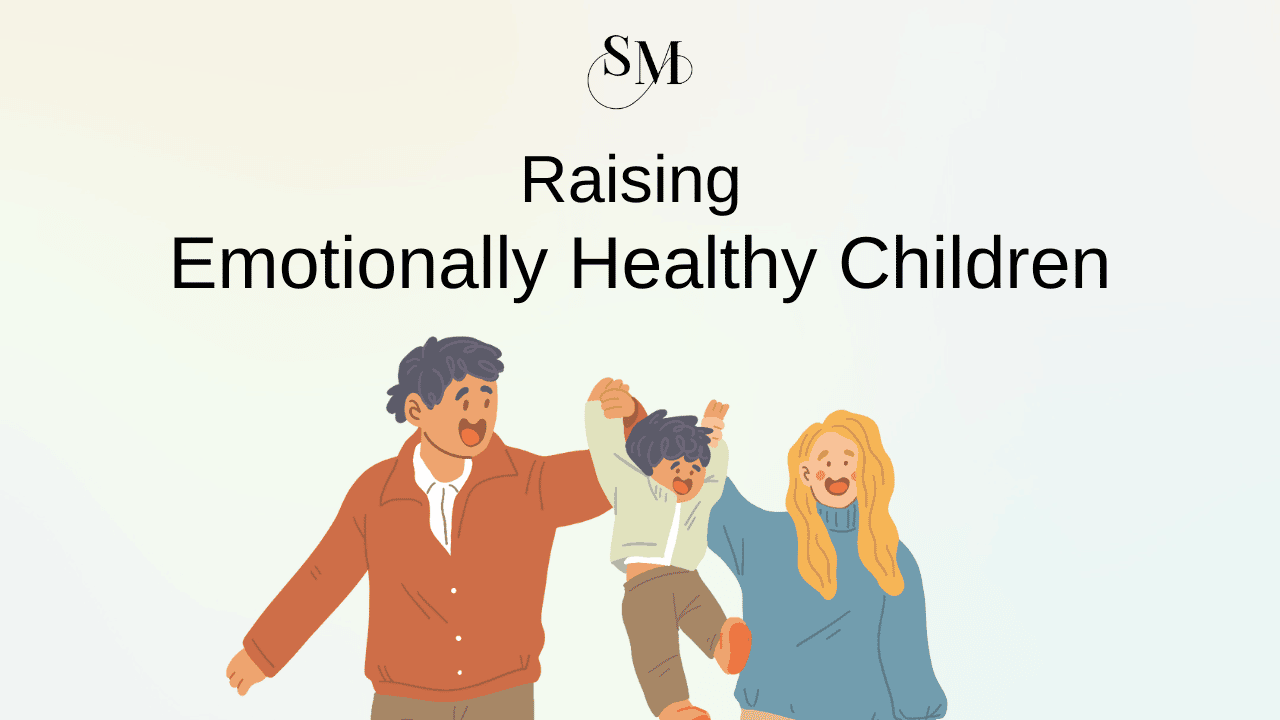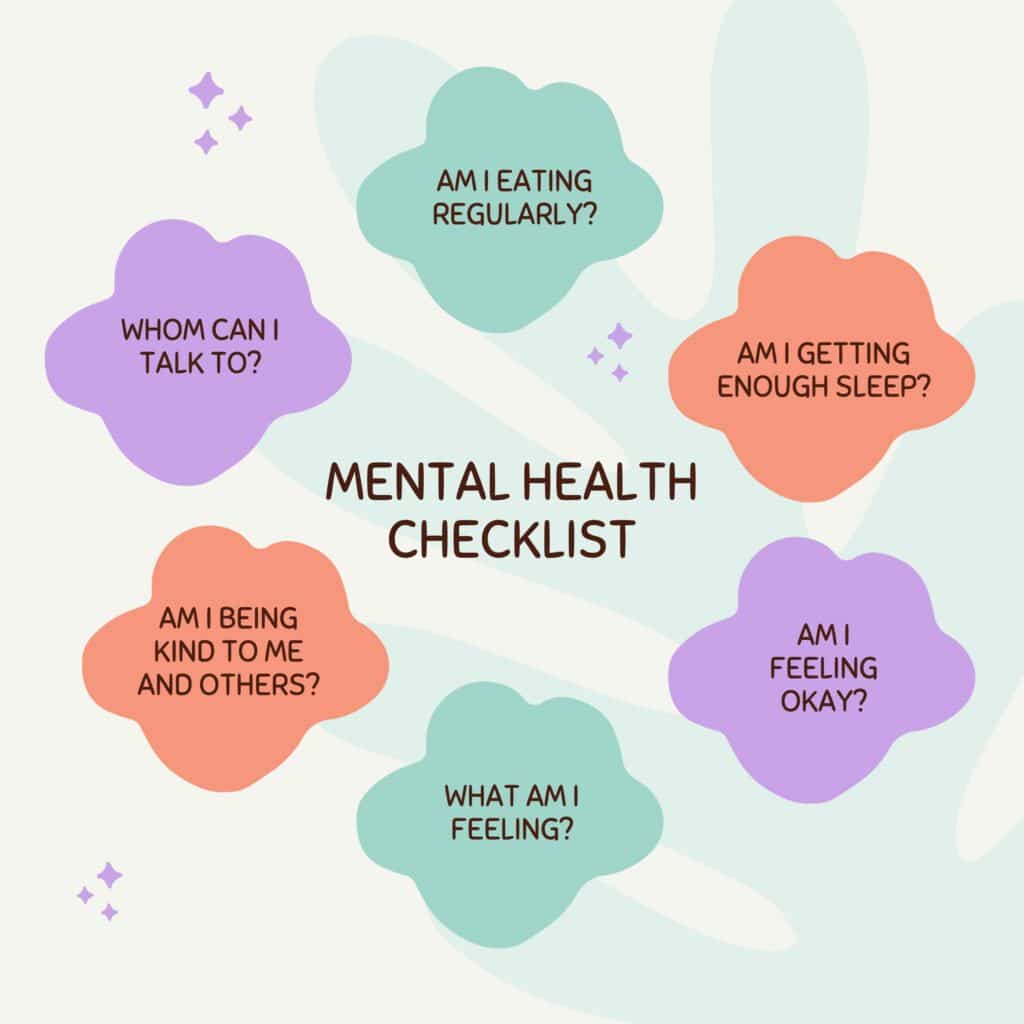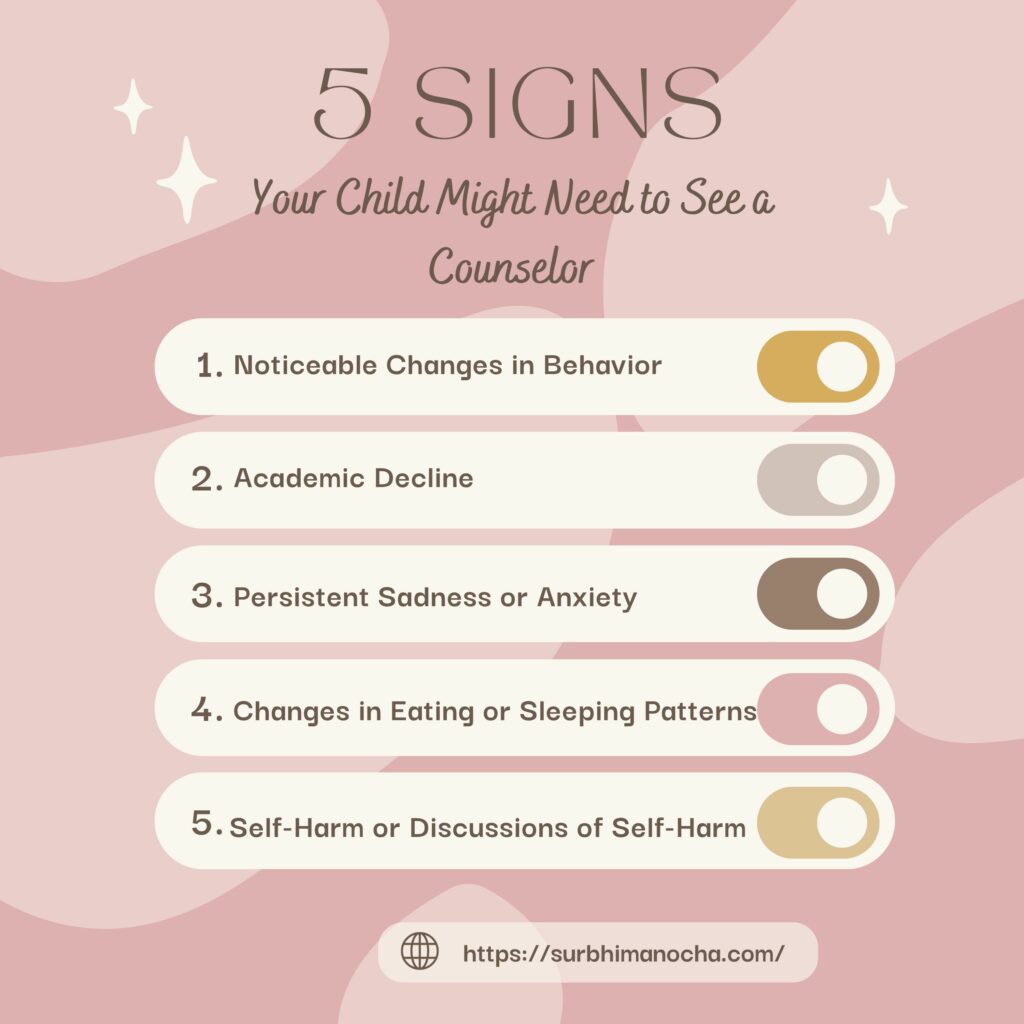Raising Emotionally Healthy Children

Share This Story
Emotional health – a term many of us are unaware of, is one aspect of mental health. It is the ability to accept and manage our feelings and emotions under different circumstances. It plays a significant role in our overall health and well-being.
An emotionally healthy individual is competent in coping with unpleasant feelings. But have you ever thought as to how to attain emotional health?
It starts by attending to the emotional needs of an individual. In this article, we are going to specifically talk about the emotional needs of a child and how to attain them, in order to raise them as emotionally healthy adults.
1) Safety and security – Children need a secure environment in order to explore their surroundings, and in turn, grow and develop. Safety means providing age-appropriate protection from sources of injury, danger, illness and risk. An unthreatening environment, both physical and psychological, provides an opportunity for the child to develop confidently. While we all understand the need for physical security and take appropriate actions for it. Psychological security is often overlooked by parents, in most cases, unintentionally. It involves being present for your child when he needs you for comfort under any distress, making him feel loved and not neglecting or abusing him.
2) Unconditional Love – It is extremely important to love your child for who he is. There shouldn’t be any conditions attached in order for him to feel loved by his parents. For this, a child must be accepted with his strengths as well as limitations. His strengths must be praised and shortcomings should be worked upon. He must not be disregarded or made to feel less important because of his limitations.
3) Acknowledgment – Your child’s feelings must be accepted without questioning. If a child is scared of something, for e.g., a dog, his feelings and emotions must be regarded. He must not be questioned, scolded or laughed at by saying – “Why are you scared of a dog?” or “Come on! Don’t be silly. Who’s scared of a dog!” Instead, he should be gently explained to outgrow his fear of dogs while not keeping unrealistic expectations of attaining this in a moment. We must realize that it may take a few or several instances for him to feel okay around dogs.
4) Respect – A child learns and imitates most behaviors from his elders. Therefore, we must respect him. Many a times, parents or elders believe it is only the elders who are to be respected. And the child is often treated according to the mood of his elders. If you are frustrated, more often than not, you tend to take out your frustration on the child by scolding him. Therefore, you must stay mindful of your behavior in front of your child and respect him.
5) Routine– A daily routine is necessary for the child to feel mentally prepared for most part of the day. Without this, he may feel overwhelmed and anxious. This discomfort reflects in a child’s behavior in the form of temper tantrums and rebellion. Hence, a structure provides him with the comfort and helps in imbibing a sense of discipline and consistency.
The above-mentioned emotional needs of a child help in his psychosocial development and ultimately attaining emotional health.



